People with Attention Deficit Hyperactivity Disorder (ADHD) have an impaired ability to think and plan ahead, organize, control impulses, and complete tasks. For a parent, this could be extremely frustrating as well as exhausting. But there is hope and there are strategies for you to help your child succeed. Here are the ten greatest.
1. Take Care Of Yourself, Mom And Dad

If you are rested and in good health, you are more likely to be able to cope and respond positively to behaviors that result from ADHD. So take care of yourself. Make sure you are getting sleep. (Dare we say enough sleep.) Eat right. Exercise—which is also good for stress relief. Take a bath or meditate. Meditation can also help you center yourself and refresh your energy. It’s no joke that you face a mountain of challenges every single day, and mountain climbers must train their bodies to be in great shape before their climb. You can also seek support from other parents who have kids with ADHD. This, too, can be a tremendous source of strength for you.
2. Look The Other Way
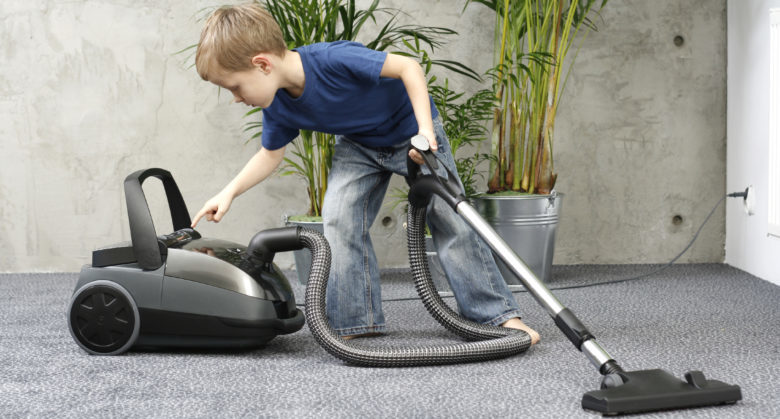
If your child forgets to do one chore or clean up after himself once in awhile, remember that it was probably not intentional. A mistake or a forgotten task here and there might be a good time to employ the saying, “Choose your battles wisely.” It’s okay to look the other way and do the job yourself if your son or daughter is putting forth real effort but misses here or there. By not criticizing, you’ll avoid being a constant nag and your child will be more likely to listen when you have something important to say. Plus, every correction can chip away at your child’s self-confidence and perception of self-worth. It’s vital you build these two critical personality traits and not knock them down.
3. Give Their Confidence A Boost
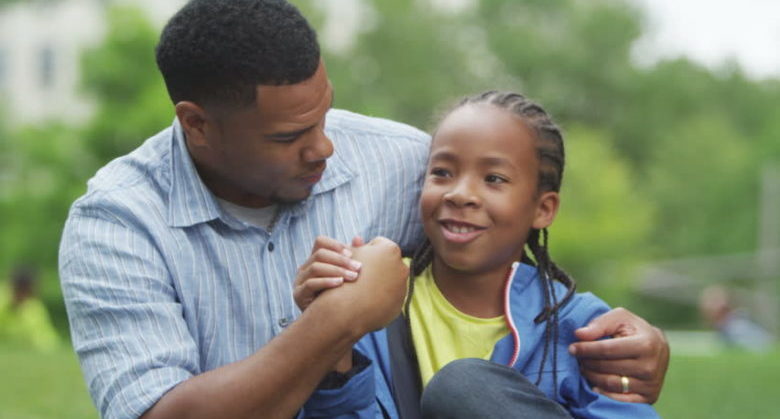
Chances are, your child receives negative feedback, criticism and reprimands. He (or she) needs to believe that his parents love and fully believe in him—without strings. Period. If he is having a hard time at school, he needs to feel that home with you, his parents, is a place where he or she feels secure and loved, otherwise he or she may seek those feelings in unsafe places and with unsafe people. Set aside time to spend with your child either in the home or out. This is absolutely NOT time to judge but just to be with your child, even if he is driving you crazy every other moment. This will help your child establish his self-worth and recognize your love and support, and this will fortify him to withstand negative remarks at school and in social settings.
4. Create Routines And Ring Bells
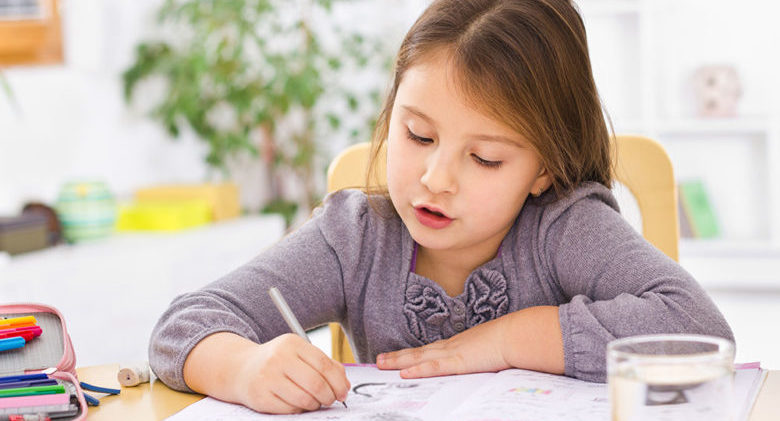
It’s important to help a child with ADHD understand and meet expectations. Establishing simple and predictable routines and rituals for homework, meals, playtime and bedtime can be instrumental in helping your child succeed. Routines allow a child to anticipate what to expect next and to understand what is expected of them. Write and post the schedule in words or in pictures for younger children, and even set alarms. Ann egg timer or phone alarm is a good cue to transition to the next activity. Make sure to prepare your child to know what to do when he or she hears the specified sound.
5. Activate Activities
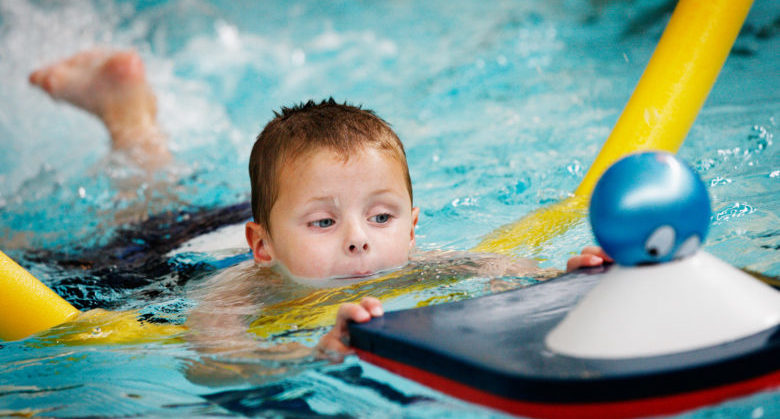
For kids with ADHD, idle time can lead to trouble. But you probably know that already. It’s important to keep your child busy—but not overwhelmed, which can also lead to trouble. Projects, whether art, science or craftwork like woodworking, can be a productive way to keep him or her engaged. Outside the house activities or clubs can also be good, like music or sports, for example. Try to choose an activity that requires constant engagement, like art, cooking or soccer, and not a lot of listening or downtime like baseball. Incidentally, Olympic gold-medalist, swimmer Michael Phelps, was diagnosed with ADHD at age 9
6. Hang The Rules

In general, kids need rules they can understand and follow. (So do adults.) This is amplified for children with ADHD. These children respond well to an understandable, predictable expectations and rules. Like your schedule, you should post your rules so you and your child can see them. It’s important that parents not punish a child for acting out their disability, in this case behaviors stemming from the ADHD. It’s also important that parents are consistent in rewarding positive behavior and fulfilling consequences for undesired behaviors.
7. Reward Immediately
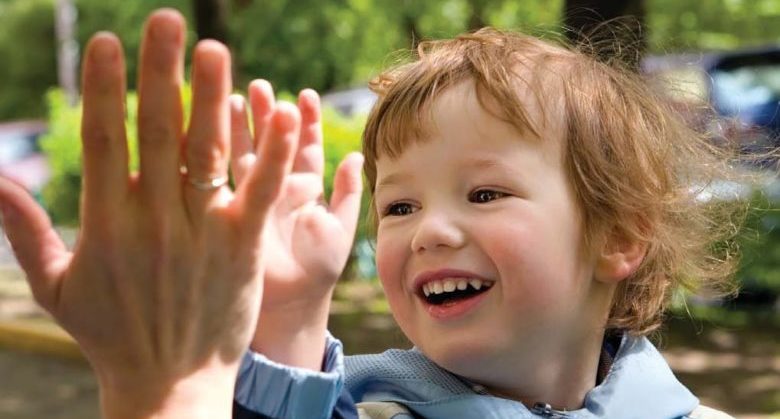
After you establish your rules, routines and schedules, offer praise when your child adheres to the rules, works on-task and especially if you catch him or her working with focus. Acknowledging positive behavior with words or smiles encourages more positive behavior. You can also use an understandable system of rewards and consequences because children succeed better when they know exactly what to expect. The rewards or consequences must occur immediately and consistently. Avoid rewarding with food or objects and opt for privileges and activities, and vary the rewards to prevent kids from getting bored. Use a sticker chart as small rewards leading to a big reward…and for a visual reminder of his or her successes.
8. Sleep
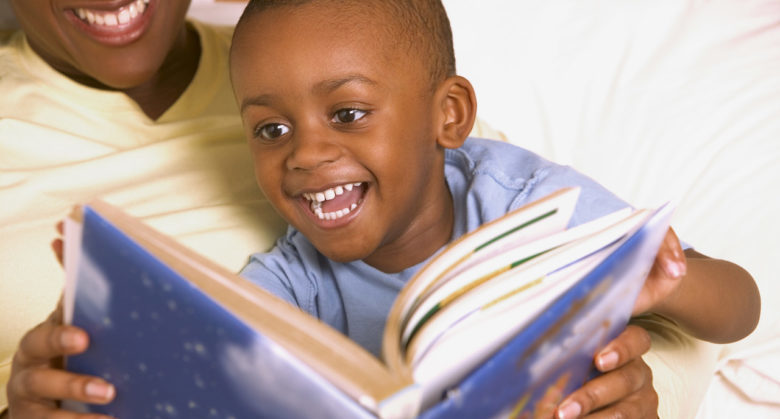
Kids with ADHD need as much if not more sleep than their unaffected peers. This is challenging for kids whose minds can be over-stimulated and lead to them staying awake for hours, even in bed. Having a consistent, early bedtime is a strategy to employ even though it might not always work. Other strategies to help your child fall asleep faster include decreasing screen time (television, computer, game pads, etc.) and forbidding it the hour before bedtime, eliminating caffeine from your child’s diet, reading or relaxing before lights-out time, or playing soft music, white noise or nature sounds to help calm the mind and hopefully ease your child into sleep.
9. Get A Handle On Impulsive Actions
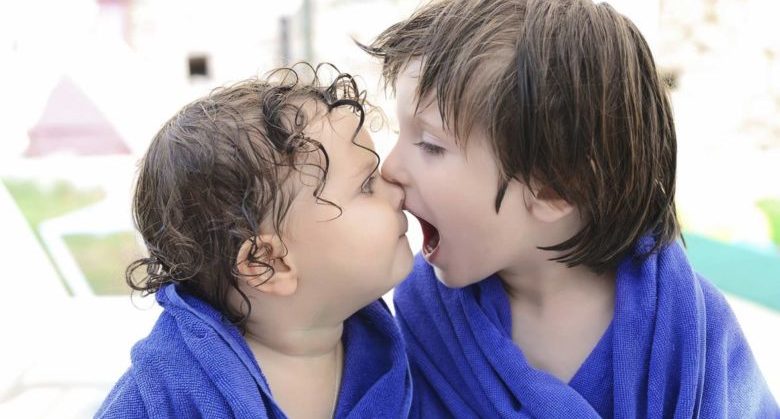
Kids with ADHD have difficulty controlling impulses. Often, these children might have aggressive outbursts, call out, make noises, or hit others. Obviously, these behaviors cannot be condoned, but reprimanding or pointing them out in front of others can lead to your child’s self-esteem being diminished. It’s possible there are triggers that cause the behaviors. If you can identify triggers, you can remove them before the outburst occurs. You can also try using a code of discreet gestures that only you and your child understand. Use them to let your child know that you see he or she is about to have an outburst and to try to avoid it. Or you can let him or her know that he is interrupting without risking embarrassing him.
10. Organize Schoolwork
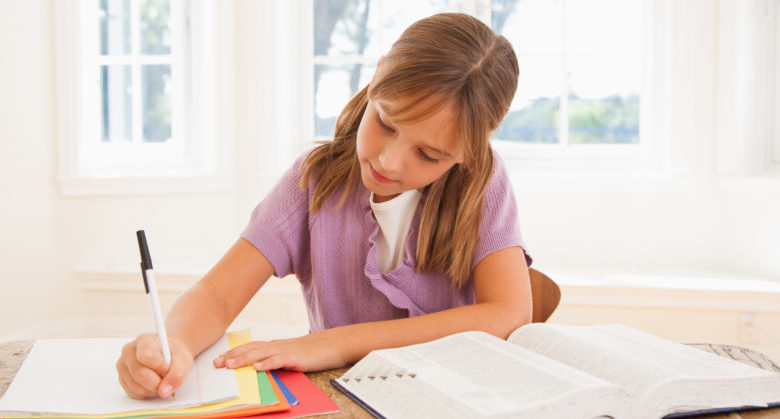
Organization is the key here. First, school supplies need to be organized because, as you know, returned tests, notes home from the school, newsletters, class work sheets, and homework are all jammed into the school bag along with books, leftover lunch and snacks and baseball cards. Take your child shopping to purchase organization tools: colored folders, highlighters, three-ring binders with dividers, and an easy to use planner. Show her where to record each day’s homework and how to check it off when that portion of homework is completed. Also, label the folders: Notes Home, Notes For School, Homework To Do, Completed Homework, etc. You’ll have to check the bag every day after school to ensure the new system is being used. Another idea is to request a second set of books for home. This will prevent your child from forgetting necessary books at school.
[Featured Image Credit: www.uitmetkorting.nl]
